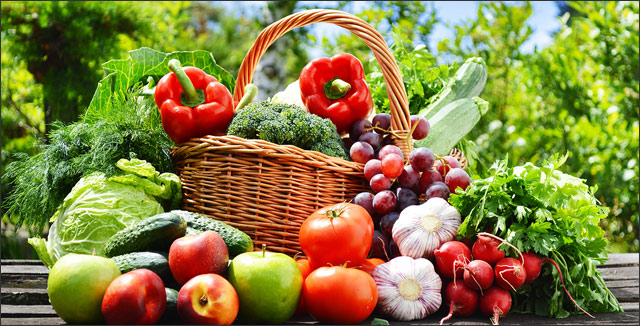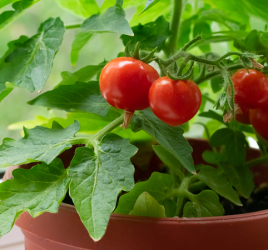Dirty Dozen and Clean Fifteen Shopper’s Guide

Looking for which vegetables to buy organic?
The EWG Shopper’s Guide has been published for 2015. The EWG Shopper’s Guide informs consumers all across America which fruits and vegetables have the highest levels of pesticides.
The EWG is the Environment Working Group. Every year they produce a shoppers’ guide. This guide is based on laboratory tests conducted by the USDA Pesticide Testing Program and the Food and Drug Administration.
According to the EWG’s website, below are six different measures of combinations that are used to come up with both the dirty dozen and the clean fifteen.
- Percent of samples tested that had detectable pesticides
- Percent of samples that had two or more pesticides
- Average number of pesticides found on a sample
- Average amount (in parts per million) of all pesticides found
- Maximum number of pesticides found on a single sample
- Total number of pesticides found on the commodity
The dirty dozen is the twelve fruits and vegetables that have are scored the highest levels of pesticides. The clean fifteen are the fifteen fruits and vegetables that contain the lowest amount of pesticides.
Please Note: The EWG combined kale and collard greens are identified as “leafy greens.” Corn on the cob and frozen corn are identified as “sweet corn.”
The Clean Fifteen
- Avocado
- Sweet Corn
- Pineapple
- Cabbage
- Sweet Peas
- Onions
- Asparagus
- Mango
- Papayas
- Kiwi
- Eggplant
- Grapefruit
- Cantaloupe
- Cauliflower
- Sweet Potatoes
The Dirty Dozen *Plus
- Apples
- Peaches
- Nectarines
- Strawberries
- Grapes
- Celery
- Spinach
- Sweet Peppers
- Cucumbers
- Cherry Tomatoes
- Snap Peas
- Potaotes
- Hot Peppers
- Kale / Collared Greens
Summary
Many people use the dirty dozen and the clean fifteen to help determine which fruit and vegetables to buy or grow organic. However you decide to use this information, remember that the EWG recommends always eating fruit and vegetables.
“The health benefits of a diet rich in fruits and vegetables outweigh the risks of pesticide exposure. Eating conventionally grown produce is far better than skipping fruits and vegetables.” ~ EWG

